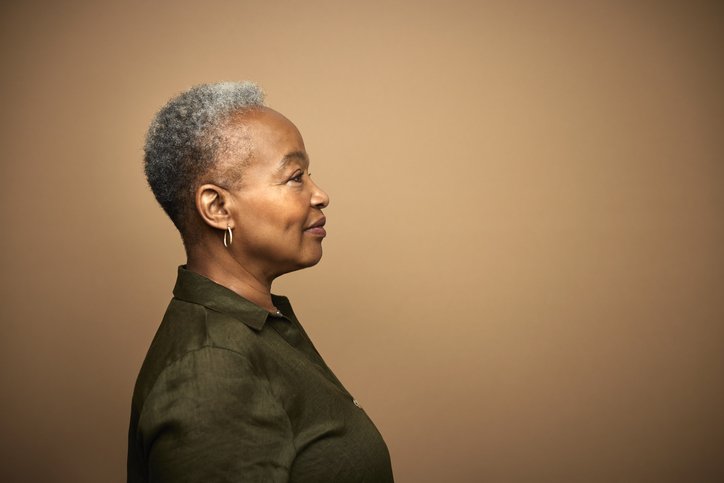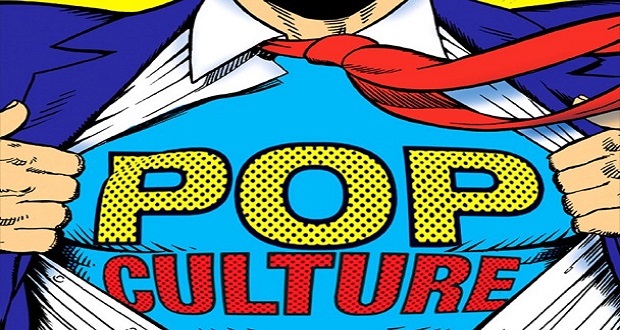
Black women have always had to fight for our right to speak, to be seen as beautiful, to raise our children, to work, to learn, and to live as the strong flowers we are. This Black History Month, I have been thinking a lot about my life as a Black woman and common analogies comparing women to flowers. Something just did not sit right with me. I remember in the movie King and I the King made a statement:
“A girl is like a blossom, with honey for just one man. A man is like a honeybee and gather all he can. To fly from blossom to blossom a honeybee must be free. But blossom must not ever fly from bee to bee to bee.”
I have always been bothered by this analogy – for its obvious misogyny and assumptions that we are to be judged by our beauty and reproduction.
However, I recently read a quote from a popular book that has stuck with me — not about flowers — but weeds. The quote was directed at a Russian heroine who compared herself to a weed instead of a flower. A female warrior turned back to her and said, “I like weeds, weeds are survivors.” Something about that has stuck with me the last few days. I have been mulling over why this idea is so appealing to me. When I reflect on the collective accomplishments and struggle of Black women, there is always one common theme: perseverance. Black women are survivors. I have grown a new sense of pride behind the word “weed” and a new perspective on dandelions. Stay with me now, and my dandelion flower analogy.
The word dandelion means “lion’s tooth.” The dandelion is a flower. It is a type of a sunflower. It is also medicinal. I didn’t realize that dandelions are good for the soil because they unpack the hard dirt. I didn’t realize dandelion flowers open during the day and close at night. Dandelion seeds spread without pollination. Dandelions are not native to America. These flowers were brought here deliberately for their medicinal, gardening, and nutritional properties during colonialism. A dandelion is so much more than a flower. So, when did it turn into a weed? Who gets to determine what is a flower and what is a weed?
- Society tells Black women what the beautiful Black body is “supposed” to look like. Eurocentric beauty standards need not apply because Black women are beautiful.
- Society is obsessed with how to control our voice. We have been cut off, silenced, “put in our place,” ignored, and been mowed over. But Black women are survivors.
- We are survivors of the African Holocaust, which had over 15 million victims, were brought here without consent. Black movement was controlled (slavery), dictated (Jim Crow), and blocked (red lining). But Black women have and will always exist in spaces where they are welcome and where they are not, because they are survivors.
- Society has been fixated on how to control Black reproduction and development. Our stems may have been pulled out from underneath us, we may have been denied access, but Black women have persevered, and our struggle feeds our network for future Black women to succeed because we are so much more than what we have been given.
“The dandelion does not stop growing because it is told it is a weed.” -B. Atkinson
Black women are vibrant and beautiful. Black women cannot be cut down. We are intricately connected to uplift and support one another. We are flowers and we are so much more. We are beautiful, we are weeds, we are survivors.


















